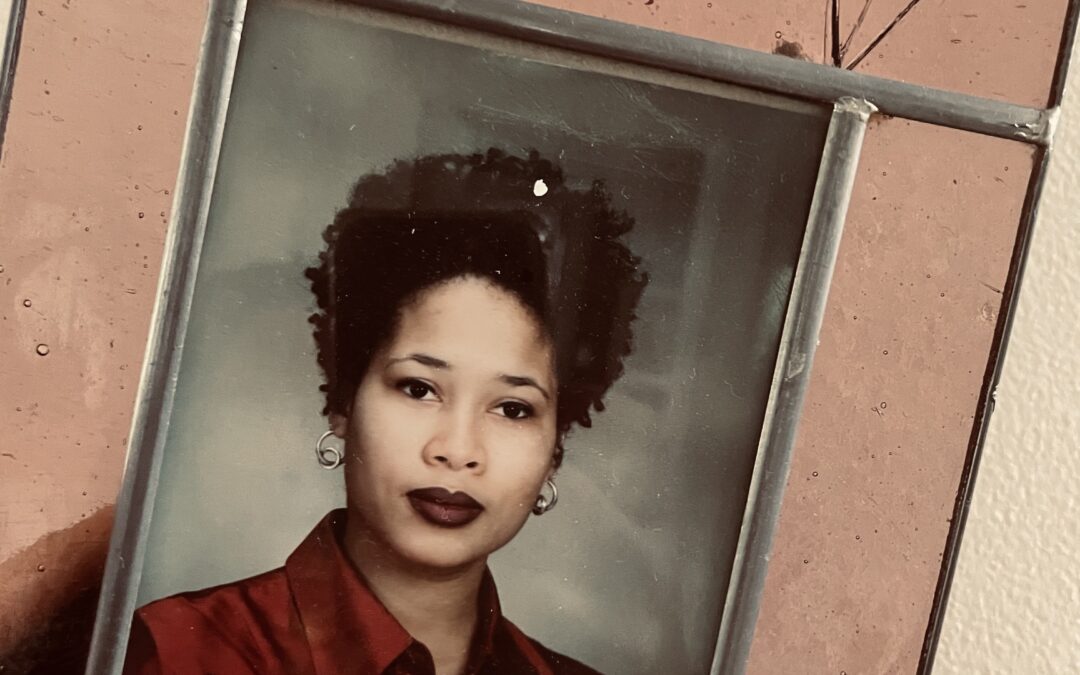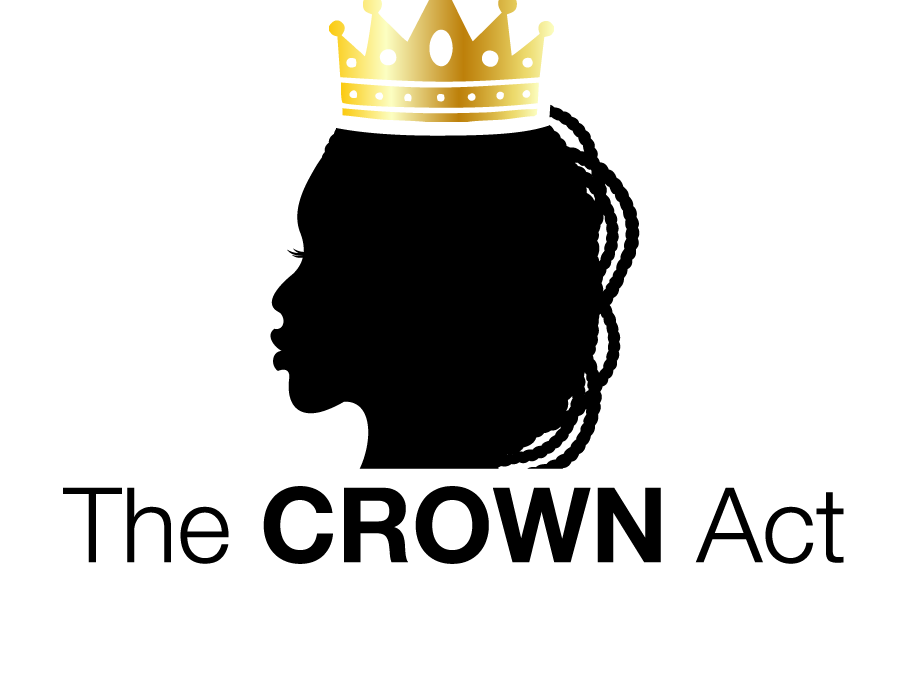
Reclaiming Our Time: Embracing Shrinkage
I went natural in 1997 and quickly learned about the dedication required to keep my hair moisturized, hydrated, and styled. In fact, the upkeep of my natural hair required more product, time, and effort than the chemical relaxer I wore for a brief period in high school. While I did use some of the methods that are popular to define curls today, I often rocked my afro in all its shrunken glory.
Today, I am noticing a curl manipulation trend, particularly in highly textured hair, that can be interpreted different ways. First, I acknowledge that the stretching, reshaping, shingling, twisting-out, braiding-out, recoiling, and fluffing is our way of experimenting and discovering all texture possibilities especially now that there are so many curl-specific products in the market. However, I can’t help but notice the lengths (pun intended) that we are going through to make textured hair more palatable for mainstream audiences. I believe that the over-manipulation of our hair is the manifestation of the lingering psychological effects of colonization.
For example, let’s examine attitudes towards shrinkage. Shrinkage occurs when the water moisture that expands and lengthens the hair during a wash evaporates and the curl contracts or reduces in length when dry. It is a sign of healthy hair and acts as a barometer for moisture retention. Shrinkage is what our true natural hair texture looks like. Unfortunately, raw texture presented as shrinkage is often judged as unkempt, undone and undesirable. It is common to see influencers pose with shrinkage in disappointment, hopelessness, and disgust before revealing the joyous transition of being “rescued” by anti-shrinkage products. I get it. The frustration is likely linked to the feel and look of dryness. But we are not simply re-misting, adding additional moisture, and allowing the curl to spring back freely. We are willing to add hours or even days to our wash day routines by using techniques that involve blow-drying the hair completely straight-just to re-wet the hair and manipulate sections into another protective style that stretches and smoothes the curl pattern when dry.
I’ve learned in my research of this topic that the preference for loosening curl pattern so it is closer in proximity to Euro-centric beauty standards is known as texturism. Texturism also involves the discrimination of people within the same race who have tighter curl patterns. Could the hundreds of years of policing and degrading Black hair, have caused a deeply engrained and subconscious rejection of our raw beauty?
At the end of the day, we have to do what makes us feel beautiful and confident. Maybe the time we are dedicating to defining and altering our curls is all about self-care, self-discovery, and self-love. If that is the case, then let’s continue to explore! But if the weight and pressure of Euro-centric beauty standards is continuing to influence what “type” of curl we deem acceptable, it’s time to shift. I’m with Auntie Maxine (Representative Maxine Waters D-CA) and her viral quote from the 2017 House Financial Services Committee meeting on the importance of “reclaiming my time.” The true freedom of just letting my hair be is priceless. I challenge the natural hair community to unlearn attitudes toward shrinkage and begin to peel back the layers holding us hostage from basking in the glory of our authentic curl patterns-shrinkage and all!
****
Zenda Walker is the Executive Director of Know Your Hairitage, LLC-a DEI consulting business. She is the author of Zara’s Wash Day– a children’s book that celebrates hairstyles of the African Diaspora. Know Your Hairitage offers in-person and virtual vocational hairitage demonstrations, corporate DEI training, and author visits for K-12 school districts. For inquiries, contact info@knowyourhairitage.com.Visit www.knowyourhairitage.com for more information.
